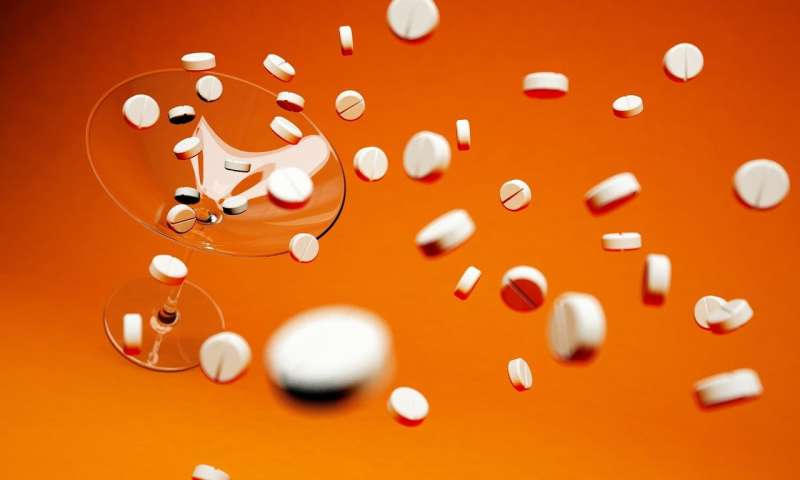New approach to cancer immunotherapy overcomes toxicity hurdle

In an effort to develop more effective cancer treatments, scientists are looking for therapies that supercharge patients' immune systems. One possibility is to use antibodies that activate CD40, an immune-cell protein that, when triggered, prompts the rest of immune system to spring into action.
Though promising, drugs that target CD40 have been limited by their significant side effects: at doses sufficient to kill tumors, the antibodies can be toxic. However, in a recent study, published in the Proceedings of the National Academy of Sciences, Rockefeller scientists David A. Knorr, Rony Dahan, and Jeffrey V. Ravetch describe a safer way to deliver this kind of treatment.
In previous studies, the team used a unique mouse model to engineer an antibody that binds tightly to human CD40 receptors. This modified antibody, they found, eliminates tumors more effectively than any other drug in its class. Using the same mouse model, the researchers have now found that their antibody can lead to blood and liver complications when delivered to the entire body at doses high enough to be effective. To circumvent this issue, the researchers administered low doses of the drug directly to the tumor site. This strategy controlled both the tumor injected, as well as tumors that were not injected—without causing the toxicities observed in past studies.
The researchers plan, with the support of the Robertson Therapeutic Development Fund, to begin clinical studies of the antibody this winter.
More information: David A. Knorr et al. Toxicity of an Fc-engineered anti-CD40 antibody is abrogated by intratumoral injection and results in durable antitumor immunity, Proceedings of the National Academy of Sciences (2018). DOI: 10.1073/pnas.1810566115
Rony Dahan et al. Therapeutic Activity of Agonistic, Human Anti-CD40 Monoclonal Antibodies Requires Selective FcγR Engagement, Cancer Cell (2016). DOI: 10.1016/j.ccell.2016.05.001

















